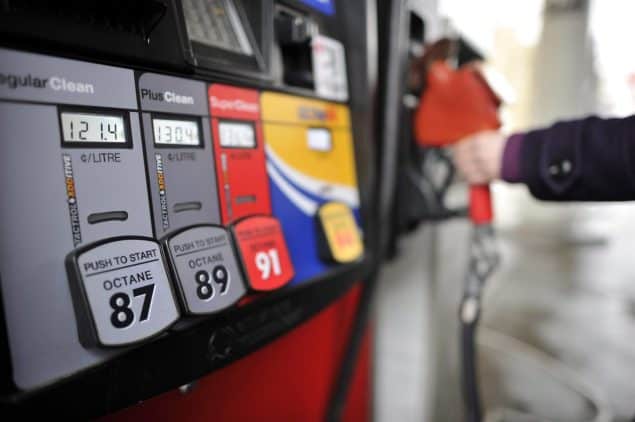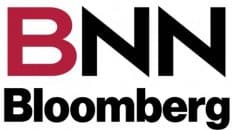Forget about the lyrics from the Dinah Washington song, “what a difference a day makes.” Just wait until you see what a difference 10 years make!
I have picked this time frame and left Post-it Notes on the information portfolios of the Canadian contingent who will be sitting opposite their U.S. counterparts as the media talks begin today on the Line 5 fiasco.
As we all know by now, this line is critical for 590,000 barrels per day of crude oil supply to the Sarnia family of refineries as well as the Suncor facility in Montreal. What I don’t understand is why talks have been left to the last minute as the line could be shut down in less than a month from now. We knew about the state of Michigan’s ruling (or should I say threat) five months ago!
I get an image of Governor Gretchen Whitmer of Michigan shrugging her shoulders, saying, “Meh! It’s a Canadian problem for Canadian refineries and Canadian consumers.” What may instil an attitudinal shift just might be the fact that western Canada produces crude at the rate of 3.7 million bpd — the vast majority of which flows south to U.S. refineries and ultimately to U.S. gasoline and diesel consumers.
But oil also flows the other way.
In 2019, Canada, believe it or not, imported crude at the rate of 690,000 bpd. And guess who was, and still is the lead supplier? The U.S. supplied 77% of our requirements with Saudi Arabia — a distant third at 13% and Nigeria and Norway picking up the remnants. What should be even more interesting is that if we roll back the calendar 10 years, we will see that the U.S. supplied less than 10% of Canada’s imported crude oil requirements.
In recent reports, I have suggested if Line 5 is in fact shut down then perhaps we should reduce the flow on the lines carrying Alberta crude south.
The other way the door could swing is to cut off imports of U.S. crude and call on the Saudis to fill the gap.
The import/export traffic is a two-way street — I humbly suggest that the governor of Michigan and the Biden administration look both ways before crossing.
– Roger McKnight – B.Sc., Senior Petroleum Analyst








Add comment